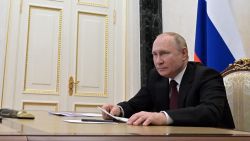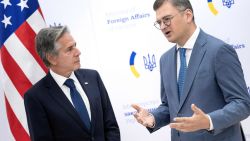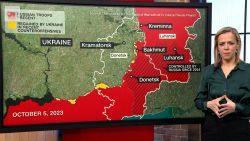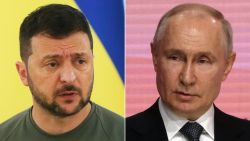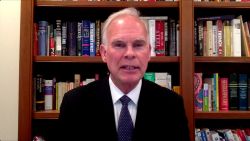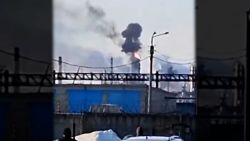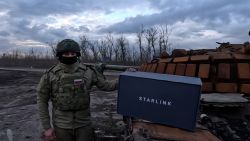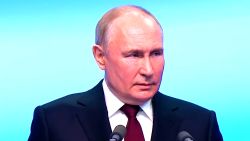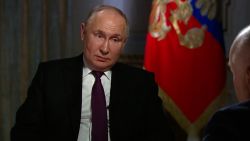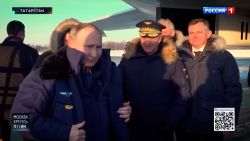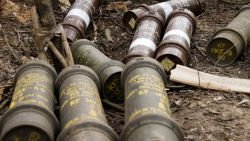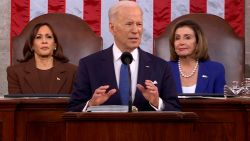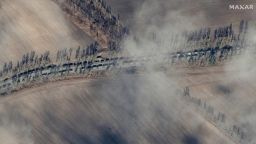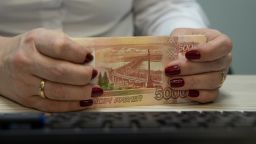Five days into Russia’s invasion of Ukraine, it seems things haven’t gone exactly to plan for Vladimir Putin so far.
Western intelligence officials briefed repeatedly over the weekend that Russian forces have encountered “stiffer than expected” resistance from an outmanned and outgunned Ukrainian military.
Russia has thus far failed to take key cities across Ukraine, including the capital Kyiv. On Sunday, Ukrainian forces successfully repelled a Russian advance on a strategic airfield near Kharkiv, Ukraine’s second-largest city, which has been under near-constant attack.
In addition to a fierce fightback from Ukrainian forces and civilians, the Russian invasion has suffered logistical challenges, with soldiers on the front line running short of fuel, ammunition and food.
“They are having problems,” a NATO official said of the Russian forces, pointing to the alliance’s latest intelligence. “They lack diesel, they are proceeding way too slow and morale is obviously an issue.”
But a senior US defense official told reporters on Sunday that Russia has only used two-thirds of the total combat power applied to the mission, leaving a significant amount of forces available to press the offensive.
And on Monday, a miles-long convoy of Russian military vehicles was bearing down on the Ukrainian capital, while Kyiv’s intelligence also suggests Belarus is prepared to join the Russian invasion, according to a Ukrainian official.
Representatives from Ukraine and Russia were meeting Monday on the Belarusian border. In those talks, Ukraine will insist on an “immediate ceasefire” and the withdrawal of Russian troops – though, realistically, no one is expecting that to happen.
Putin, it seems, hasn’t just misjudged Ukraine’s ability to defend itself, but also just how hard a line the international community would take against Russia in the event of an invasion.
For years, the Russian president has faced very little pushback from the West over his illegal annexation of Ukraine’s Crimea, his brutal support for the Syrian regime and acts of aggression in other countries.
For all their strong words of condemnation for Putin and his regime, Western countries still bought gas from Russia, offered a safe haven to Russian oligarchs and retained relatively normal diplomatic relations with Moscow.
But this time around – despite a few early rocky patches which saw Western nations accused of not hitting Russia hard enough – Putin has faced an unusually united Western alliance.
From unprecedented sanctions that are already hurting the Russian economy to international sport slowly turning on Moscow, Russia’s international pariah status becomes more acute by the hour.
The economic pain will only get worse as time goes on. The ruble lost about 20% of its value against the dollar on Monday afternoon, and Russia’s central bank has raised interest rates from 9.5% to 20%, a move that will hit Russian citizens in their pockets.,
Those same citizens might soon wonder just why Putin is risking so much for a war that didn’t need to happen.
Of course, things are very fluid on the ground and could change very quickly.
There’s little hope that Monday’s talks will yield a deescalation, and no one expects this war to end in the immediate future – either by force or by agreement. But it’s likely that Putin, having come this far, will throw more at Ukraine in the coming days.
However, as the invasion enters its second week, it’s impossible to ignore the fact that Putin’s best-laid plans have been met with firmer resistance than he – and many of his opponents – ever imagined.


